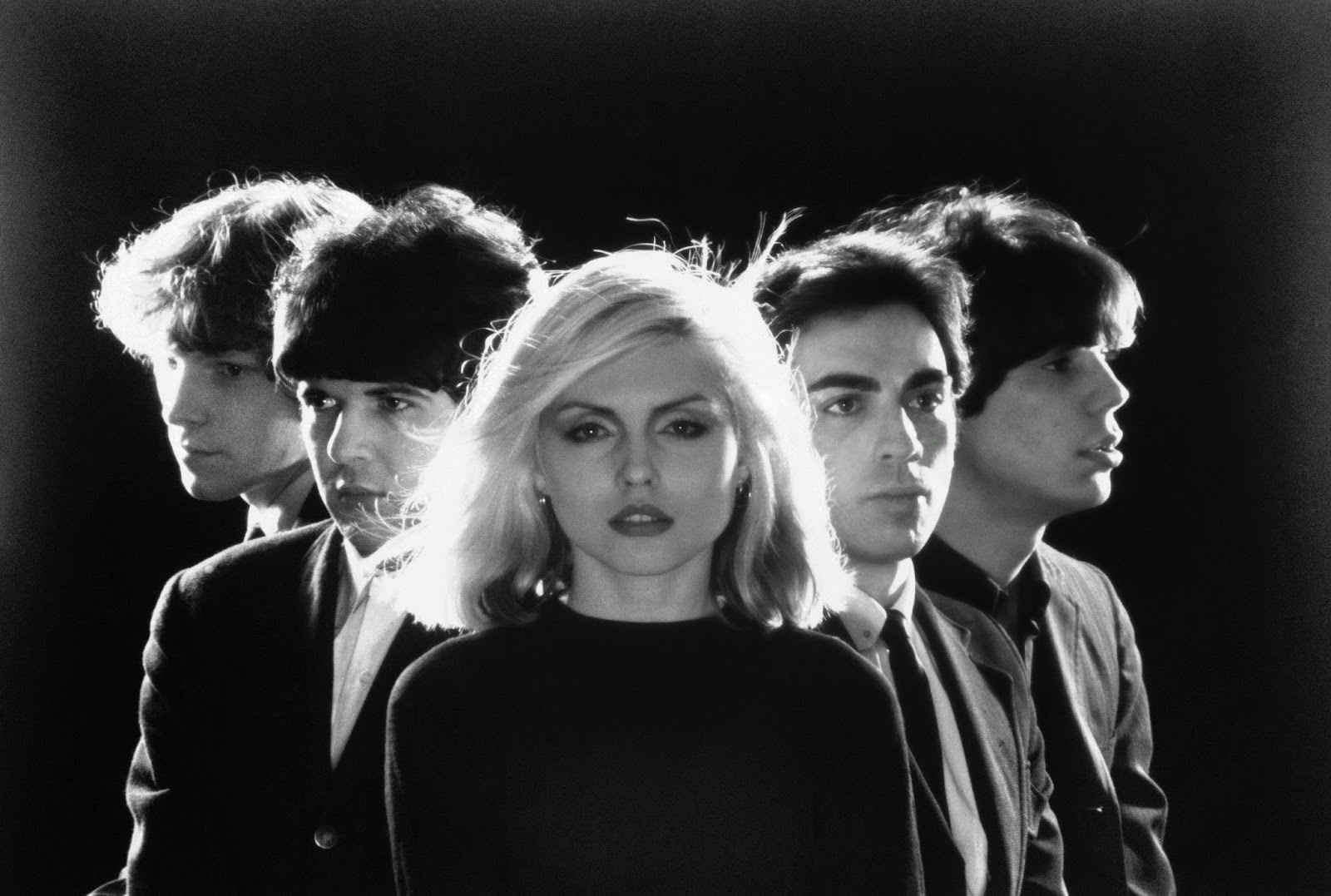1979, “Heart of Glass” Music video. Video Credits: Vevo
The 1970s and 80s were a time of exploration for music. Genres such as rock and pop explored new ways to revolutionize their industries and find ways to appeal to a broader audience. The use of new technologies and methods to create music also made it possible for new bands to form and gain popularity. Groups such as Blondie explored with some of these new technologies in their music. The introduction of synthesizers and the Roland CR-78 drum machine was a direct factor leading to Blondie’s break out into the mainstream. Parallel Lines was their biggest album and, in 1979, created a big following in the American markets. For example, their song “Heart of Glass” illuminated this technological influence by heavily including a drum machine and polyphonic synthesizers to give it a strong element of disco. The producers of the song, Mike Chapman and Jimmy Destri, have credited Kraftwerk, a German electronic band, for the inspiration of the backbeat. Blondie needed to appeal to disco audiences due to the disco wave that was still alive in 1978, especially in the United States. Ultimately, Blondie saw much of success from the release of Parallel Lines and its blend of rock-like drumming, funk-emulating synth, and pop-style vocals. Our argument will analyze the influence of the three musical styles that led to the popularity of their album.

Blondie in 1977, Photoshoot. Photo Credits: Private Stock Records
Prior to being a part of Blondie, Debbie Harry had been a part of multiple bands, with minor roles, such as a backing singer with folk-rock group, The Wind in the Willows, and then as a singer with the Stilettoes. The Stilettoes were primarily a punk group, something that Harry would take a turn away from in her future career. After joining the Stilettoes in 1974, Harry met Chris Stein, who had been added to the band as a guitarist. The Stilettoes made music that was intentionally meant to be seen as a rebuke of other genres, such as disco. A few years after Harry left, for example, the group recorded one of their most well-known songs, “Anti-Disco.” Stein and Harry soon left and formed the band Blondie named so due to the catcalls that Harry had so often heard from men after she bleached her hair.
